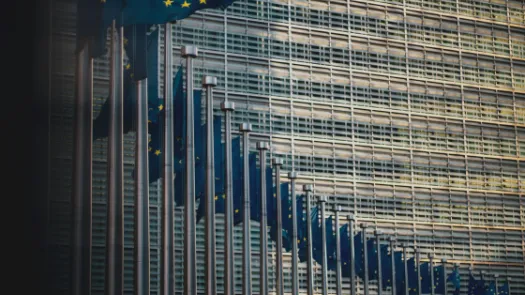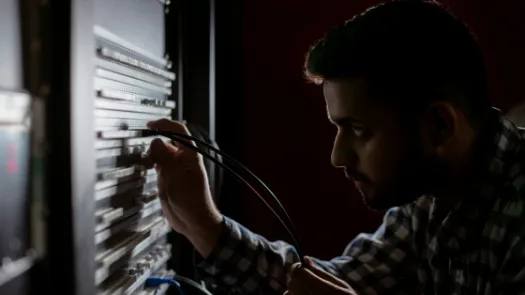Privacy win! US court says Fourth Amendment protects smart meter data

Around the world, from North America to Europe and Asia, governments are starting to roll out smart meters. While the technology promises increased energy efficiency through greater consumer control over energy consumption, smart meters also raise serious privacy concerns. Smart meters collect energy usage data at high frequencies - typically every five, fifteen or 30 minutes. That level of granularity reveals how much electricity is being used in a home and when, which in turn can paint an intimate picture of a person's household activities and lifestyle.
In the United States, in the case of Naperville Smart Meter Awareness v. City of Naperville, a Court of Appeal has now agreed with our position that the Fourth Amendment protects the energy consumption data collected by smart meters. The Court's judgement stated that individuals have a reasonable expectation that this data should remain private, and that the government's access of it constitutes a 'search'.
To provide a short background, in early 2017, Privacy International and the Electronic Frontier Foundation (EFF) submitted an 'amicus brief' in this case, which is the first case in the United States to address whether the Fourth Amendment protects smart meter data.
Our brief explained that aggregate smart meter data collected from someone’s home in 15-minute intervals could be used to infer, for example, whether they tend to cook meals in the microwave or on the stove; whether they make breakfast; whether and how often they use exercise equipment, such as a treadmill; whether they have an in-home alarm system; when they typically take a shower; if they have a washer and dryer, and how often they use them; and whether they switch on the lights at odd hours, such as in the middle of the night. And these inferences, in turn, can permit intimate deductions about a person's lifestyle, including their occupation, health, religion, sexuality, and financial circumstances.
Importantly, the Court acknowledged that smart meter data "reveals information about the happenings inside a home". Moreover, it more generally recognised that the "ever-accelerating pace of technological development carries serious privacy implications" and that smart meters "are no exception".
The Court's findings come at a critical juncture. In 2017, over 57 million smart meters were installed in American homes and now more than 40% of American households have a smart meter. Experts predict that number will rise to 80% by 2020. A European Union directive has mandated that 80% of EU meters be smart by 2020 and it is estimated that approximately 200 million smart meters will be deployed by that time. Parts of Asia are also experiencing a wave of smart meter deployment, with China expected to deploy 400 million and Japan expected to deploy 60 million by 2020.
As smart meters continue to roll out around the world, we expect further challenges to the serious risks that they pose to the right to privacy. We will continue to monitor these developments and advocate rigorously for the protection of smart meter data.



